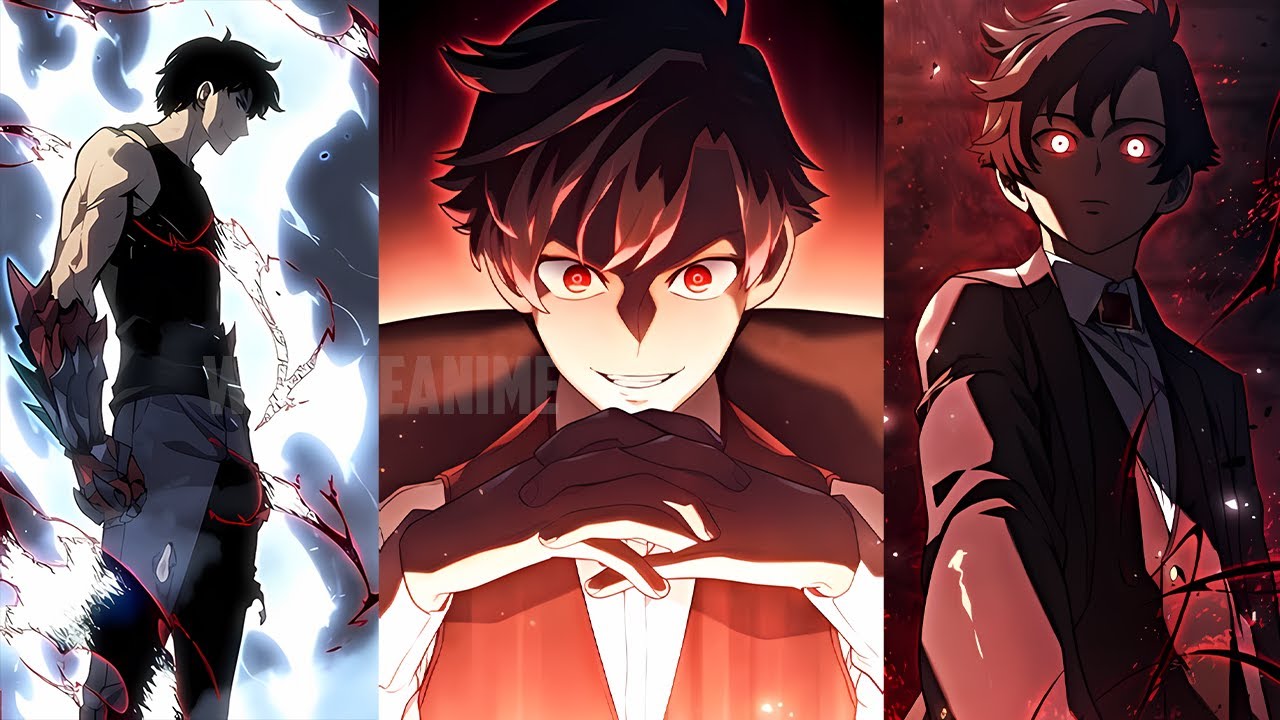Cartoons, those whimsical and imaginative creations, have been a cherished form of entertainment for generations. Whether you’re a child giggling at the antics of Mickey Mouse or an adult appreciating the social commentary in political Roomtoon, there’s something universal about the appeal of these animated works of art. Cartoons are more than just a pastime; they are a powerful medium for storytelling, communication, and artistic expression.
The Evolution of Cartoons
Cartoons have come a long way since their inception. The earliest cartoons were simple drawings, often found in newspapers or magazines. They served as political satire or humorous diversions. Over time, technology advanced, leading to the birth of animated cartoons. The legendary Walt Disney pioneered this evolution with the creation of Snow White and the Seven Dwarfs in 1937, the first-ever full-length animated feature film. This marked a turning point, giving cartoons a more prominent role in both entertainment and cultural history.
Entertainment and Education
Cartoons have the unique ability to entertain while also imparting valuable lessons. Shows like “Sesame Street” have used animation to educate children on everything from numbers and letters to important social concepts like diversity and inclusion. These educational cartoons play a crucial role in early childhood development, making learning fun and engaging.
Social Commentary and Satire
Cartoons aren’t just for kids. Political cartoons, for example, have been used for centuries to critique and comment on the state of society and politics. Renowned cartoonists like Thomas Nast and Herblock have wielded their pens to create thought-provoking, satirical works that often pack more punch than lengthy editorials. These cartoons serve as a medium to question authority, challenge the status quo, and provoke critical thinking.
Global Appeal and Cultural Significance
One remarkable aspect of cartoons is their ability to transcend borders and languages. Iconic characters like Bugs Bunny, Pikachu, and SpongeBob SquarePants have become beloved figures in cultures worldwide. Their universal appeal speaks to the power of visual storytelling, connecting people across different backgrounds and languages. Cartoons have even been instrumental in introducing international audiences to new cultures and ideas.


